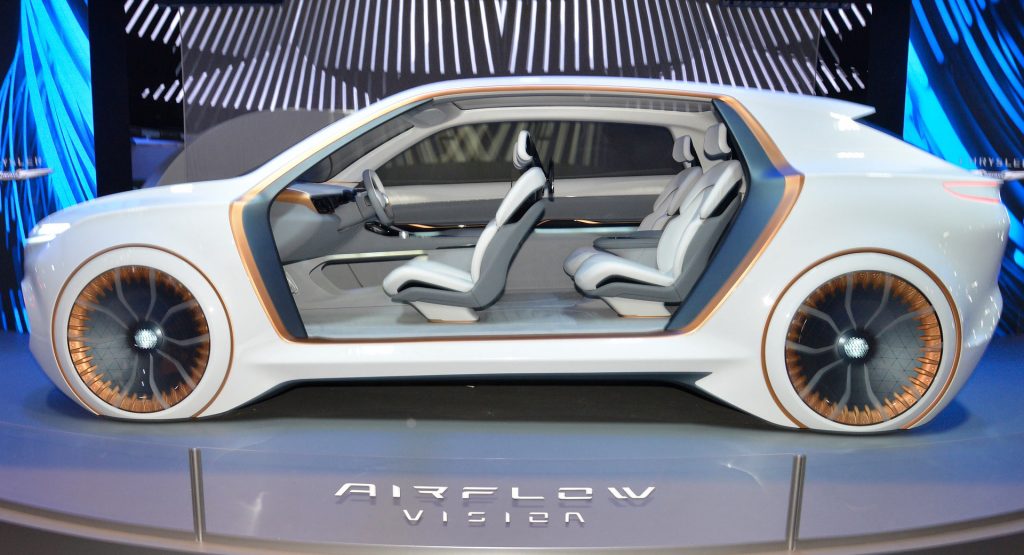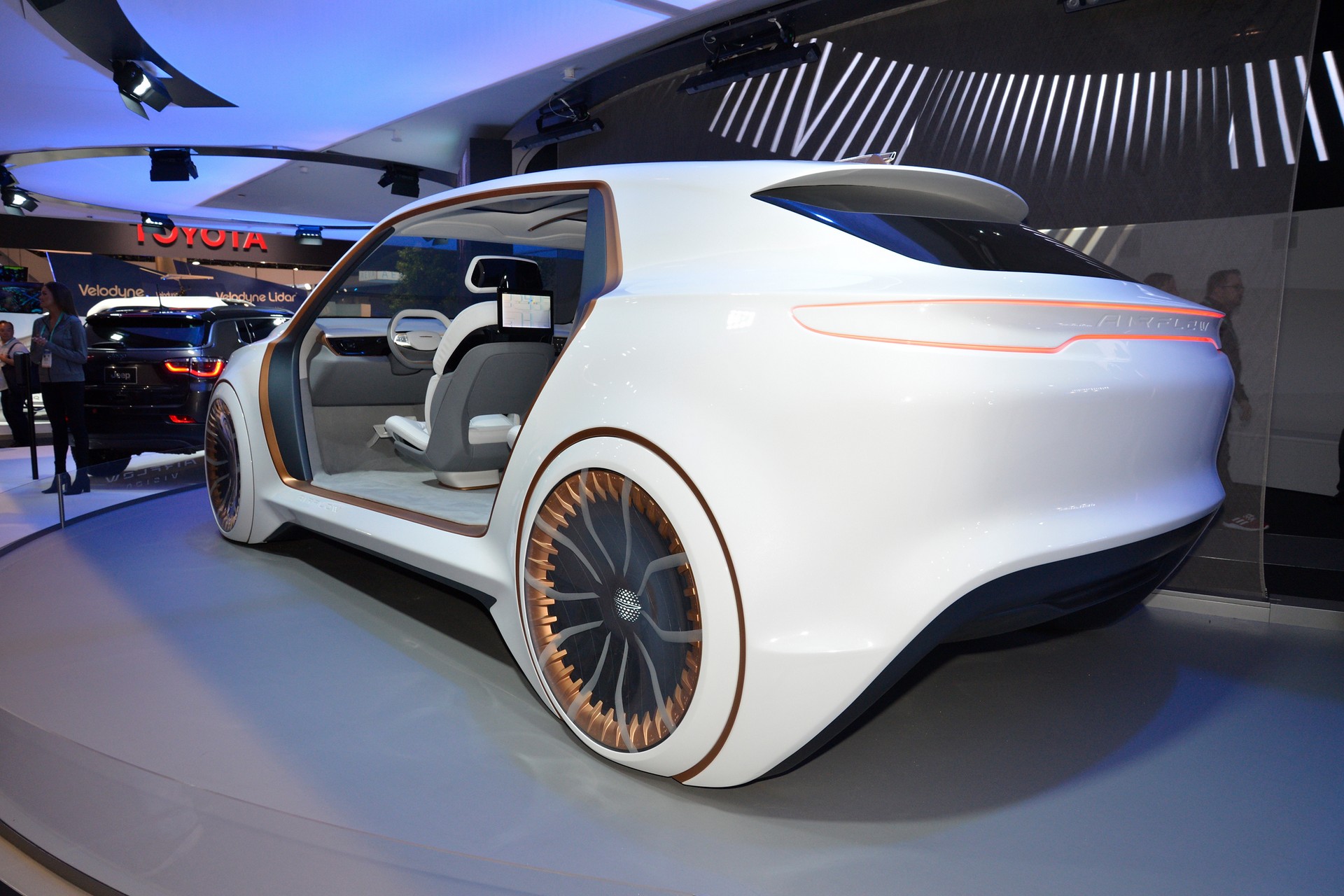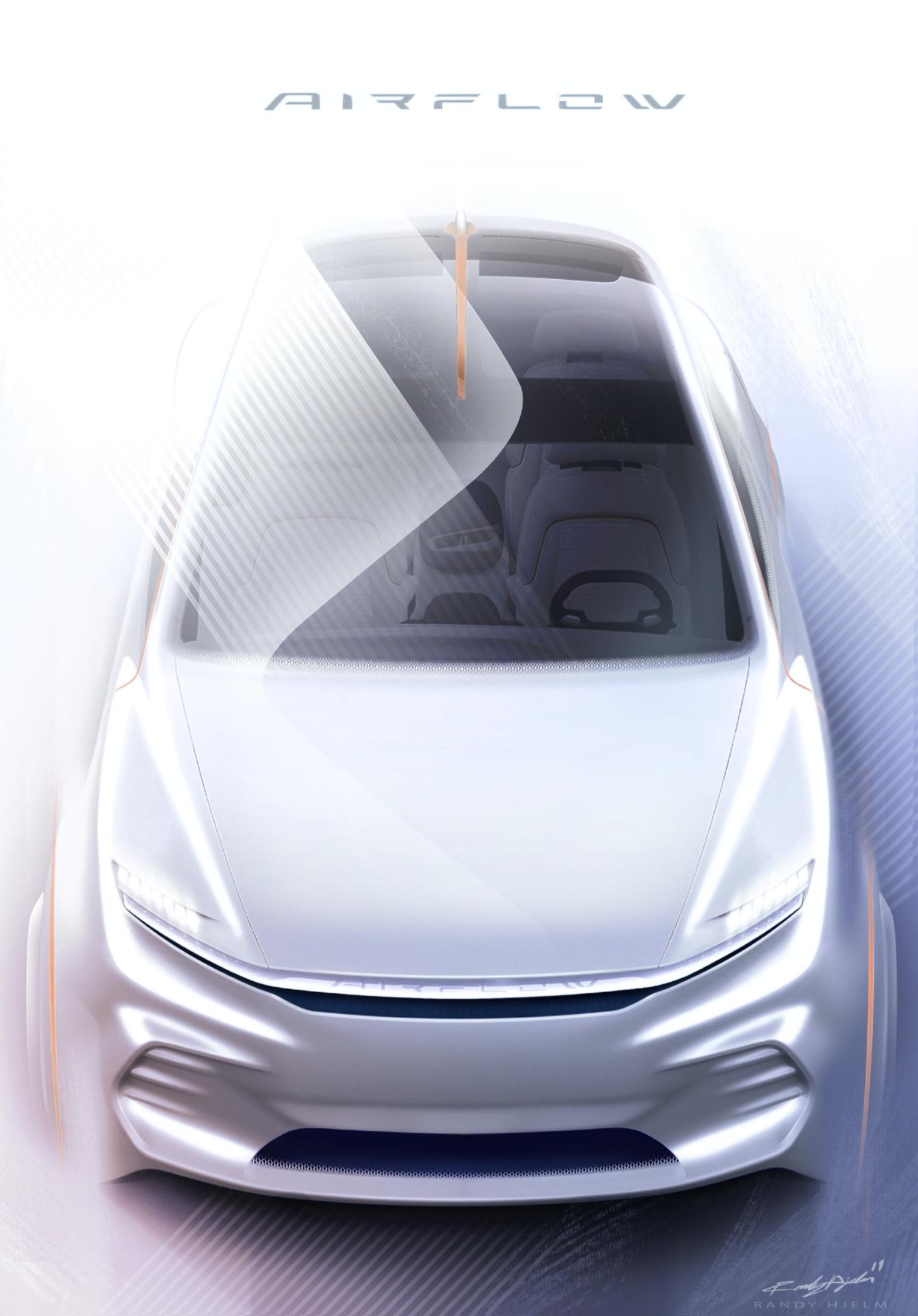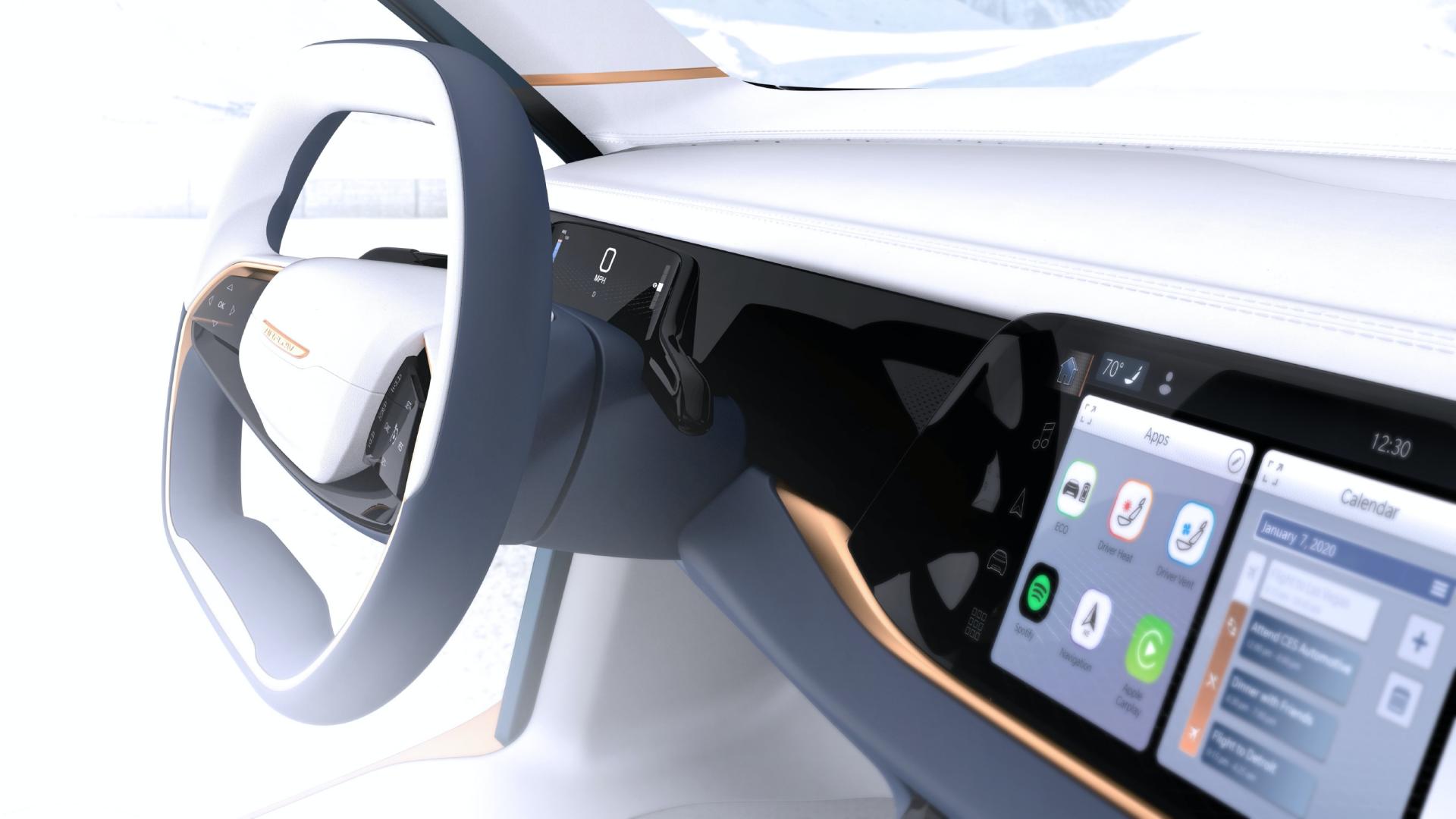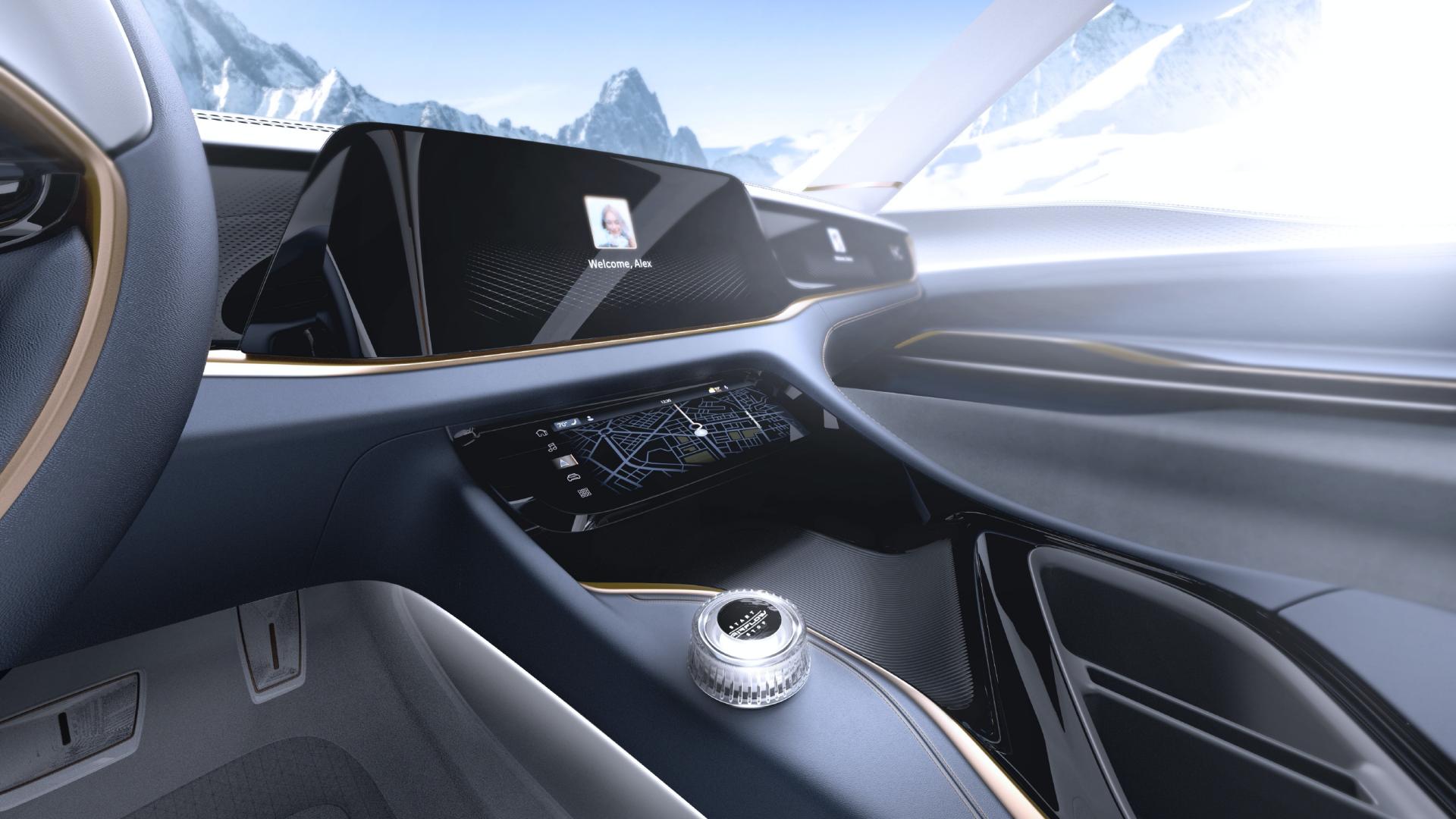The Chrysler Airflow was decades ahead of its time as the model was one of the first vehicles to be designed with aerodynamics in mind. While the car was a flop, FCA is dusting off the moniker for use on the new Airflow Vision concept.
Billed as the next-generation of premium transportation, the Airflow Vision was designed to appeal to customers who want a first-class travel experience and a high-tech interior.
The concept is loosely based on the Chrysler Pacifica Plug-in Hybrid, but it adopts a more dynamic exterior that “hints at the future of premium design.” Minivan styling cues have been dropped and overall design is closer to a crossover.
Also Read: FCA Bringing Airflow Vision, Fiat Centoventi Concepts To CES 2020
Up front, there are slender LED headlights which reside above a slim grille. Further below, there’s an aerodynamic fascia which flows into the front fenders.
Continuing further back, there’s a rakish windscreen and a gently sloping roof. The model also lacks doors and has unique wheels that draw inspiration from the “mechanical elements of an electric motor.”
The rear end is relatively plain, but there’s a rounded fascia with a slender lighting units. The latter appear to be Chrysler’s take on Dodge’s racetrack taillights.
The real star of the show is the interior which features premium leather and suede upholstery as well as copper accents. The third row has also been jettisoned and this creates an open and airy space for up to four people.
FCA didn’t go into many specifics, but the concept is loaded with screens as there’s a digital instrument cluster, an infotainment system and a secondary lower display. While that’s where Audi and Jaguar Land Rover would call it a day, the Airflow Vision concept has two additional screens for climate control settings and another display for the front seat passenger. Since six screens are clearly not enough, the company also added a rear seat entertainment system.
The automaker didn’t say much about the screens, but noted the concept has an advanced user experience which is easy to use and understand. Besides being intuitive, the interface is customizable and information from one screen can be shared with other passengers by simply swiping.




